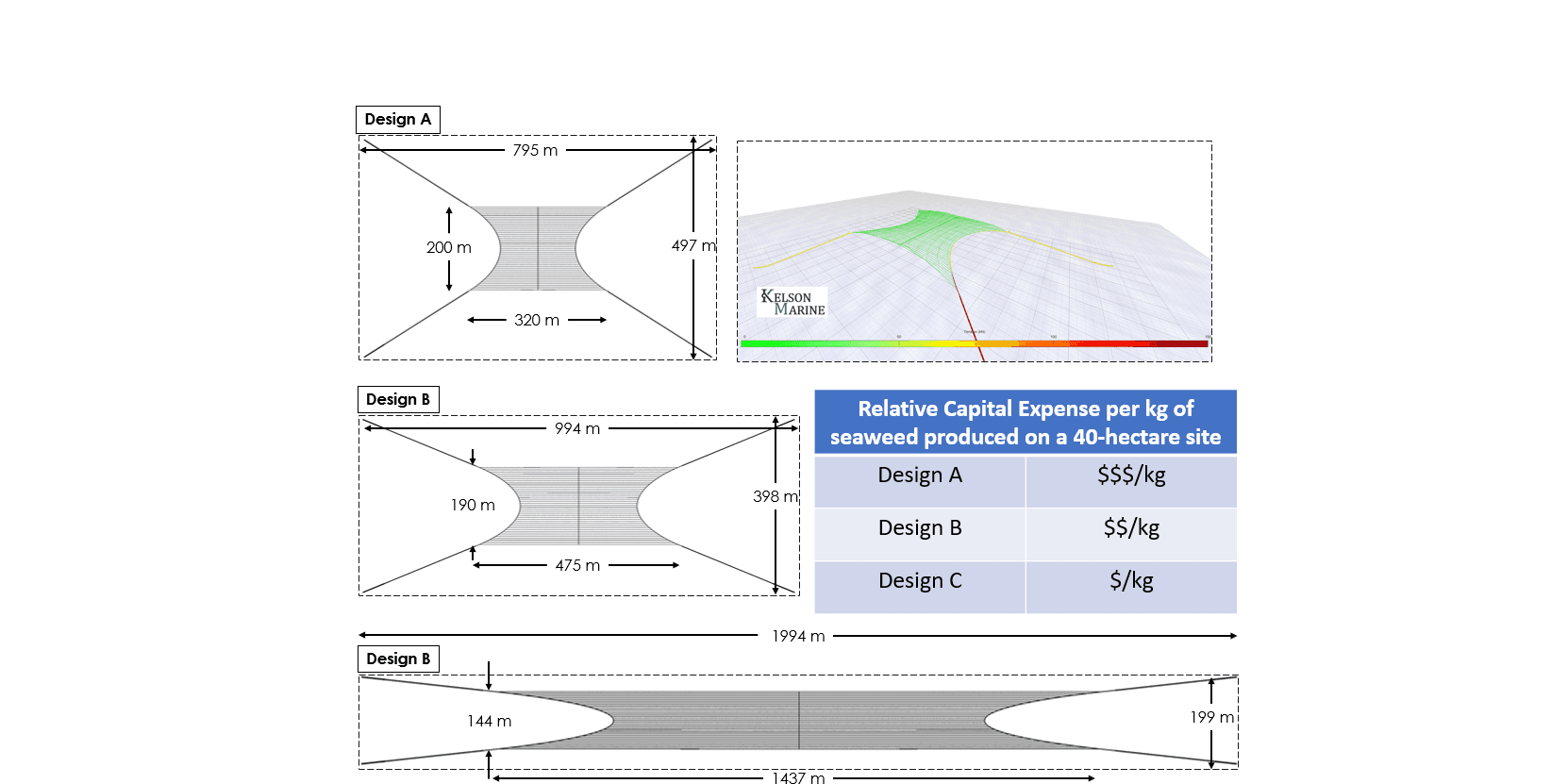
Kelson Marine + University of Maine School of Marine Sciences
Case Study Overview
Damian Brady, Associate Professor at the University of Maine School of Marine Sciences and a researcher at the University’s Darling Marine Center, has been tasked with looking for new solutions to an ongoing problem - carbon dioxide emissions in the air and the water. One potential solution is using kelp to collect carbon dioxide particles and sink them to the bottom of the ocean where they will degrade. “We were approached by someone who is considering investing in ocean carbon dioxide removal and wanted accurate information about the cost of kelp production,” Damian says. “Kelson Marine has been working in the space of the cost of kelp production for a while, is a go-to for ocean engineering and farming, and most importantly figuring out how much it will cost.”
Familiar with the Kelson team from their work in the MARINER (Macroalgae Research Inspiring Novel Energy Resources) program, Damian asked for Kelson Marine’s assistance with both engineering and cost analysis.
“A lot of what Kelson is doing is so new, Damian adds, “you can model this all that you want, but the advantage to working with Kelson is that they can validate the model. They can put load cells, for instance, on a farm, and afterward, they can measure those loads and compare them with the model. So it’s pretty clear that, not only are you getting the modeling, but you’re getting the ability to validate that model and ensure that it’s correct. Working with Kelson Marine, you get products on time and they are not afraid of integration - we have economists on this project, we have hydrodynamic people on this project, we’ve got all different kinds of expertise, a need to communicate, have streamlined and efficient workflows, and to exchange all this information between us. They are willing to go beyond a project’s scope in the short term to get you the products that you need. The bottom line is that they are just great collaborators.”
Project Outcomes
The results of this research can be found in the paper titled "Quantifying Baseline Costs and Cataloguing Potential Optimization Strategies for Kelp Aquaculture Carbon Dioxide Removal" and is available at this link: https://doi.org/10.3389/fmars.2022.966304https://doi.org/10.3389/fmars.2022.966304